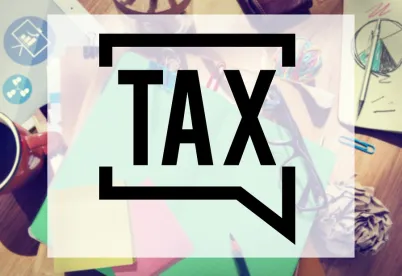On December 12, the U.S. Supreme Court declined to hear Direct Marketing Association v. Brohl. The Court’s decision lets stand a February 2016 decision by the U.S. Court of Appeals for the 10th Circuit that upheld Colorado’s use tax notification statute. This decision could inspire other states to impose similar notification requirements on out-of-state vendors.
The notification statute requires out-of-state retailers that do not collect sales tax on sales to Colorado residents to take the following action:
-
Send transactional notices to their customers informing them of the obligation to pay use tax,
-
Send an annual purchase summary to each customer who purchased more than $500 of goods during the year and a reminder that the customer may be liable for tax, and
-
File an annual customer information report with the Colorado Department of Revenue.
Retailers whose gross sales to Colorado residents were less than $100,000 during the prior year and are reasonably expected to be less than $100,000 during the current year are exempt from the requirements.
The Direct Marketing Association, a trade association representing direct marketers, challenged the statute on the grounds that it unconstitutionally discriminated against out-of-state retailers. After a long and winding legal battle in federal and state court, the 10th Circuit ultimately sided with the Colorado Department of Revenue and held that the statute is constitutional.
Enforcement of the use tax notification statute has been enjoined since January 2011. But with the Supreme Court’s decision not to hear the case, Colorado will ask the court to dissolve the injunction, and the Department of Revenue could begin enforcing the notice requirements as early as January 2017. The Department of Revenue has not indicated whether it will provide out-of-state retailers a grace period to begin complying with the notice requirements. Under the statute, out-of-state non-collecting retailers must send annual notifications to Colorado purchasers by January 31 of each year, and must send annual statements to the Department of Revenue by March 1 of each year.
To date, only a handful of other states—including Kentucky, Louisiana, Oklahoma, South Dakota, and Vermont—have enacted Colorado-style use tax notification statutes. Some of these states’ statutes expressly provide that there is no penalty for noncompliance, making the notices essentially voluntary. The Colorado statute, by contrast, provides for penalties of $10 for each failure to send the required annual purchase summary to a customer who purchased more than $500 of goods during the year, $10 for each failure to file the required annual customer information report with the Department of Revenue, and $5 for each failure to send the required transactional notice to a customer informing that customer of the obligation to pay use tax. For retailers that make a significant number of sales to Colorado customers, these penalties can quickly add up.
The 10th Circuit’s decision is binding only on states within the circuit—Colorado, Kansas, New Mexico, Oklahoma, Utah, and Wyoming—and on retailers that sell goods to customers in these states. But there are already signals that additional states may try to enact similar use tax notification statutes. On December 15, the Multistate Tax Commission (MTC) revived its draft model notice and reporting statute, which is modeled on the Colorado provision. States often use MTC model statutes as guides in drafting their home state tax laws. According to State Tax Today, the MTC could adopt the model statute at its annual meeting, and at least three states may be considering adding use tax notification requirements to their statutes.


 />i
/>i
